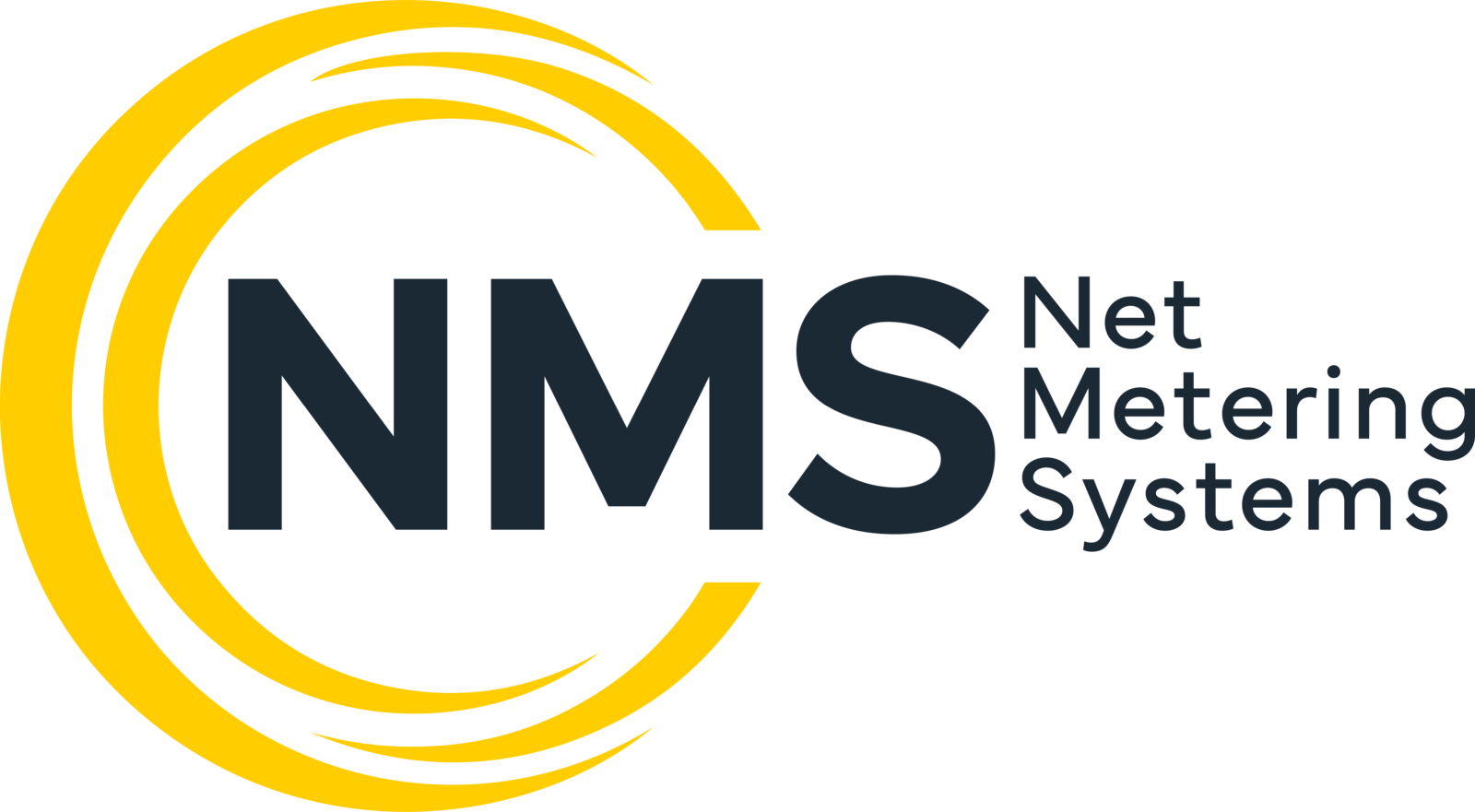Ready to go green and save some green? Going solar is a great way to lower your energy bills. But there are a few things you need to know before you make the switch. Here are 5 Things to Know Before Going Solar!
Number 1
It’s important to know and understand what your annual kilowatt hours are. Your annual kWh from your utility company is the amount of electricity you use each year. Knowing this number is important before getting solar because it helps you determine the size of the solar system that you need.
To start, you’ll need to get your utility bill and find the section that shows your annual kWh usage. This number is usually listed in kilowatt-hours (kWh), which is the standard unit of measure for electricity. Next, you’ll need to do a few calculations to determine the size of the solar system that you need. For example, if you use 10,000 kWh of electricity a year, you’ll need a system that can generate at least 10,000 kWh of electricity. You can also use an online calculator to determine the size of the solar system that you need. Simply enter your annual kWh usage and the calculator will give you an estimate of the size of the system that you need.
Once you have your annual kWh number, you can start shopping around for solar systems that meet your needs. Be sure to look for systems that will generate at least as much electricity as you use annually.
Number 2
Let’s talk incentives for going solar. There are a variety of incentives available to help cover the cost of going solar and you need to know what they are.
The federal tax credit for solar was originally scheduled to decrease to 22% in 2023. Good news, with the signing of the Inflation Reduction Act of 2022, not only will the credit still be available, but it also increased to a 30% credit. Let’s break that down for you. Let’s say your solar PV system costs $20,000 and you claim the ITC at 30%, you will owe $6,000 less in income tax for the year, effectively lowering the system’s total cost to $14,000. It’s pretty big win for solar customers.
One of the most popular incentives is the California Solar Initiative (CSI), which is a program designed to reduce the up-front cost of installing solar systems. Through the CSI, homeowners can receive a rebate on their solar installation, making solar more affordable.
California also has a Property Assessed Clean Energy (PACE) program, which allows homeowners to finance solar systems through their property taxes. This enables homeowners to spread out the cost of the system over a long period of time and can help reduce their monthly payments.
Number 3
It’s important to know the condition of your roof. Older roofs may not be able to support the weight of solar panels. Additionally, certain materials are better suited for solar than others. Asphalt shingles, metal and tile roofs are the most ideal, but other materials may be able to support solar as well.
Also, take a close look at the condition of your roof. Check for areas of damage, like broken shingles, loose nails, and discoloration. If your roof is in good condition, solar installation should be relatively easy.
Finally, it’s important to consider the orientation and angle of the roof. For optimal solar energy production, the roof must face south and be angled between 20 and 40 degrees. This is importantbecause the angle and direction of the roof will determine how much energy is produced.
Number 4
What happens if you move? If you install solar and opt for a monthly plan, you don’t have to worry about being tied down. If you move, you can simply sell the monthly solar plan to the new owner of the house. You don’t have to keep paying for the solar, but the new owner would be responsible for the monthly payments.
It’s a great way to give the new homeowner access to clean, renewable energy while also making sure you don’t have to keep paying for something you no longer benefit from. Make sure to include the solar plan in your home sale agreement so that the new homeowner is aware of the benefits they will receive.
Number 5
When you’re looking to install solar on your home, it’s important to go with a reputable solar company. A reputable company will have experienced installers and the necessary equipment to get the job done right the first time. They will also be knowledgeable about the latest technologies and be able to provide you with the best possible advice for your home’s unique needs.
A reputable solar company will also provide you with a warranty on their work and the equipment, so that you won’t have to worry about any unexpected costs or repairs down the road. They will be able to explain the process to you in detail and make sure that you understand what you’re getting and the benefits that come with it.
Lastly, a reputable solar company will have the right connections and resources to ensure that you get the most out of your solar panels. They can help you with any paperwork, permitting, or other issues that may arise and make sure that you get the best possible return on your investment. With a reputable solar company like Net Metering Systems, you can rest assured that you’re making the right decision for your home.
In Conclusion
Going solar is a great way to save money. With the right information, you can make an informed decision and take advantage of all the benefits of solar energy.
So what are you waiting for? Contact us at Net Metering Systems and we can guide you through all these steps, so you can be better informed when making a decision to add solar and start saving money.
